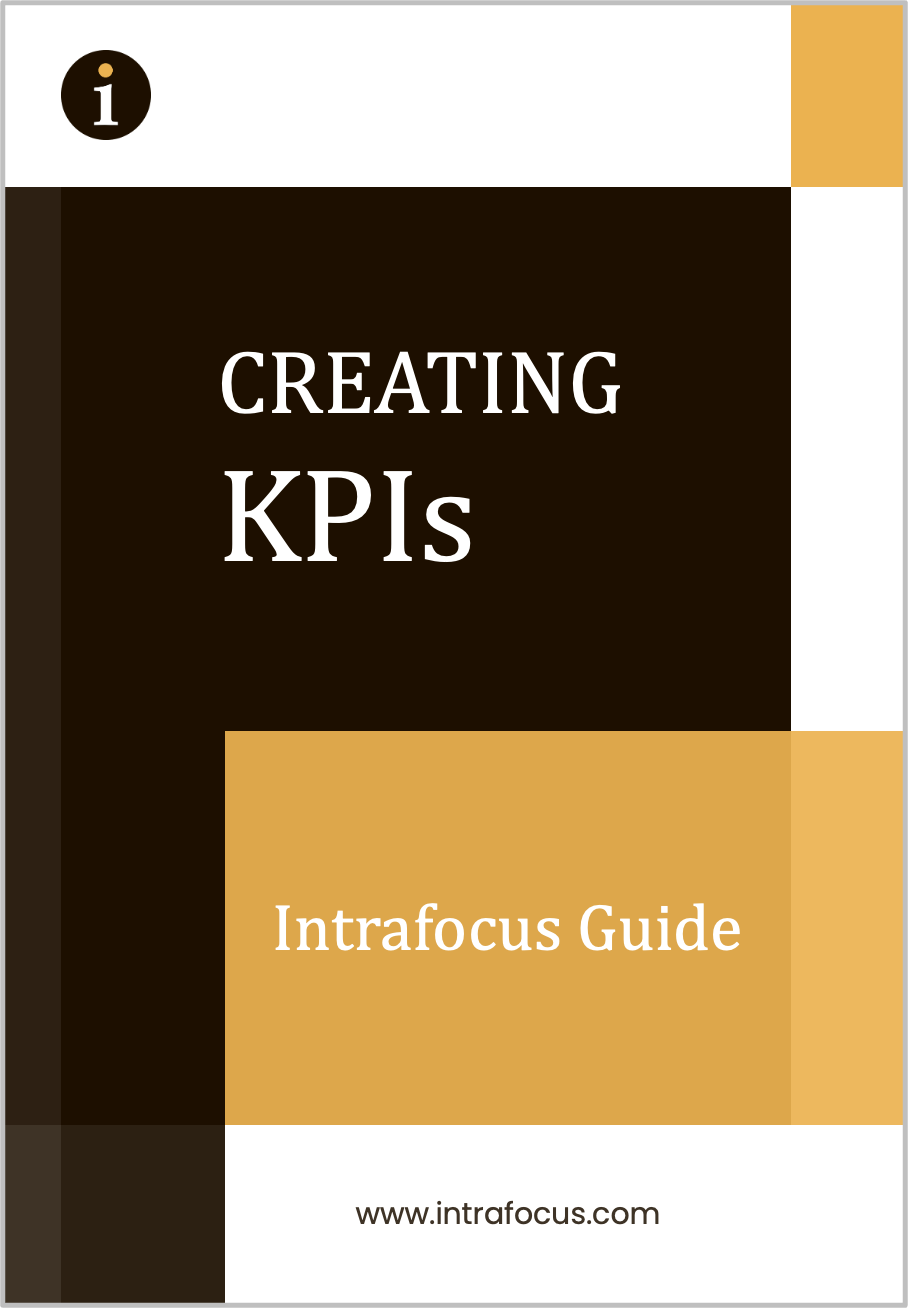It’s all too easy to consider strategy as ‘dry’ and purely analytical. After all, so much of the strategic process involves data interrogation, systems management and operational project delivery. But people lie at the heart of every organisation, from employees to customers. With this in mind, today we’re going to look at the power of feelings. Surprisingly ‘touchy-feely’ and out of step with serious strategy? Not at all.
Part of something bigger
All people like to belong and to be part of something bigger. We all like to have positive relationships and feel valued, and these fundamental drivers exist in our social and business lives. Whether you are starting a career, midway through it or approaching retirement, needing to belong, connect and find meaning in what you do still exists. And these feelings drive our behaviour. Let’s look at a business example.
- If you buy in to the company you work for, are interested in what it does and understand what it is trying to achieve, you will naturally do your best to perform in your role.
On the other hand,
- if you’re doing the job to pay the bills, you’ll work nothing above your core hours, care little about your employer’s values, purpose or business, and give none of that vital ‘discretionary effort’ which transforms workforces from ‘OK’ to ‘awesome’.
Let’s look at some facts to bring this point home:
Employees who feel like they ‘belong’ at work will:
- raise their performance by up to 56%
- have 75% fewer sick days and
- be 50% less likely to leave the company.
(Harvard Business Review also calculated that this would net a company with 10,000 employees $52M a year!) [1] So if you’re a business leader who focuses only on the figures but rarely thinks about how your employees feel, you’re missing a trick. Every business wants to harness that extra discretionary effort. Without it, you simply aren’t maximising the return on your most important assets – your people! But to gain that extra 10, 20% of performance, you must work.
Focusing on feelings – for results
1. Ask the question. Start by asking how your employees feel. What’s your culture like? There are plenty of ways to do this, from hosting an employee opinion survey to having informal, guided discussions within teams. This is your data-gathering stage and will inform what you do next.
2. Take a culture check. Assess whether your culture is inclusive, positive, respectful and ready to recognise and reward efforts. Your people must feel that their efforts and noticed and valued. Recognise effort that goes above and beyond the basic expectations of the role. Encourage a culture that rewards healthy risk-taking. Celebrate successes. Communicate warmly and often. Listen to your employees and encourage them to play an active role in your culture development – from acting as local communication champions to organising company sports days or volunteering events.
3. Look at your recognition schemes An Intrafocus survey found that 43% of employees feel undervalued, so if you don’t have employee recognition and reward in place, now is the time! Involve your workers in the scheme’s development and make it fun. You should also recognise and reward efforts through physical prizes. People like to be presented with a certificate or trophy!
4. Encourage mentoring. A workforce appreciation platform dedicated to sending and receiving awards can create a more vibrant culture. It also makes it much easier for you and your team to set goals, build relationships, and stay productive! Consider developing an internal mentoring scheme to match ambitious or younger employees with experienced colleagues keen to share their knowledge, experience and networks. These relationships can be hugely influential!
5. Bring employee well-being checks onboard Many companies are now using external healthcare providers to provide mental wellness checks and relevant services (such as counselling or healthcare.) As part of this, you might want to bring ‘mental health days’ on board, whereby employees have the discretion to take a certain number of days off work for their mental health a year. This is likely to be a huge trend in the coming year as forward-thinking employers look at ways to overcome the profound impacts of Covid-19 on their workforce. [2]
6. Communicate your future vision – and make it meaningful Your business must have a strong culture of regular, two-way, meaningful communication between its leadership team and employees. Use your business strategy to plan your communications, ensuring that you create a powerful, compelling view of your goals. Sell the vision; ensure your people know their efforts will make a difference. Last but not least – make it personal! Employees want to hear real messages from real people – not bland corporate messaging from ‘the brand’. [3]
7. Make a difference. An emotional connection to a business with a strong sense of purpose matters to customers and employees alike (in fact, PwC found that customers in the millennial age group had a churn rate 5.3 times lower when they felt connected to the brand’s purpose.) [4] With this purpose, make sure your business has a purpose that matters and makes a difference. Yes, turning a profit (or equivalent) is essential – but so is your role within the broader community. Take a stance on environmental issues. Offer employee volunteering days. Meaningfully support a cause or charity. Learn about Cause-Related Marketing and consider its relevance to your brand. There are a huge number of ways to make your business a place where people want to work, to perform, to stay and to thrive. Start by asking how your people currently feel – and then involve them in ideas and initiatives to improve things further. Ultimately, happier, engaged, purposeful people will always result in a more successful business, so the imperative to prioritise this work is clear to even the most data-focused leaders!
Sources
[1] https://hbr.org/2019/12/the-value-of-belonging-at-work
[2] https://iamtakingamentalhealthday.org/why-belonging-at-work-matters/
[3] https://hbr.org/2014/11/being-happy-at-work-matters
[4] https://mainframe.tra.co.nz/knowledge-hub/why-social-purpose-matters


